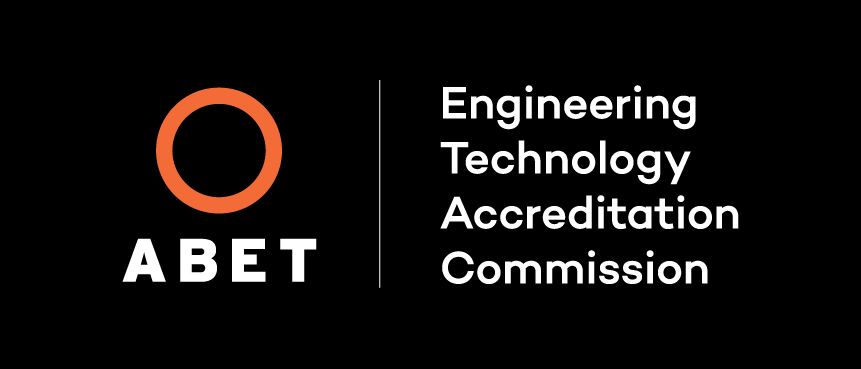
The Engineering Technology Accreditation Commission (ETAC) has been fortunate to have had outstanding public members who add significant value to both the commission and its Executive Committee.
What is a public member?
ABET governance documents require the ABET Board of Directors and each ABET commission have a volunteer public member. The ABET constitution specifies that these individuals shall not be a member of any ABET member society or otherwise affiliated with specific professions, by either training or practice, accredited by ABET. Within the commissions, each public member is automatically a member of the commission’s Executive Committee and has voting rights as a member of the commission and Executive Committee.
The public member provides a non-technical, independent and public perspective to commission proceedings. They have none of the professional concerns and interests that might be present from being a member of an ABET member society. The public commissioner shall be an individual of trust and responsibility in their community. They often ask questions about ABET processes and procedures from a fresh perspective as they are removed from the insularity of the institution, program, society and accreditation experience.
The public member’s role in ETAC
The ETAC has created position descriptions for all its different commission roles. The duties and responsibilities of the ETAC public member include the following:
- Ensure the interests of the public are heard and considered in all deliberations and proceedings.
- Attend all Executive Committee and Commission meetings.
- Prepare for and participate in the meeting discussions, suggest agenda items as appropriate, read and comment on the minutes and promptly respond to requests for information.
- Serve on the ETAC Consistency Committee and any other committee assigned by the Chair.
- Serve as a voting member on an accreditation panel at the July Commission Meeting.
- Vote on Executive Committee and Commission business during meetings and in the interim.
To be able to serve the commission in this role, the public member must become familiar with ETAC processes and procedures. Thus, public members serving ETAC in recent years have:
- Within the first year of appointment, taken and passed the online program evaluator and team chair training courses, participated in the face-to-face training for both these positions and served as an observer on one or more accreditation visits.
- Familiarized themselves with accreditation policies and procedures, rules of procedure and accreditation criteria, accreditation visit procedures, as well as team chair and program evaluator responsibilities.
In ETAC’s case, public members are often recruited from industry or government. The most recent past public member was a retired Department of Transportation administrator, who made significant contributions with her ability to recast and simplify issues. The current public member is a retired U.S. Department of State officer and ambassador, with service in Africa and the Middle East. His thoughtful and diplomatic approach to helping the ETAC achieve better communication with its constituents and ETAC decision making have contributed significantly toward ETAC continuous improvement efforts.